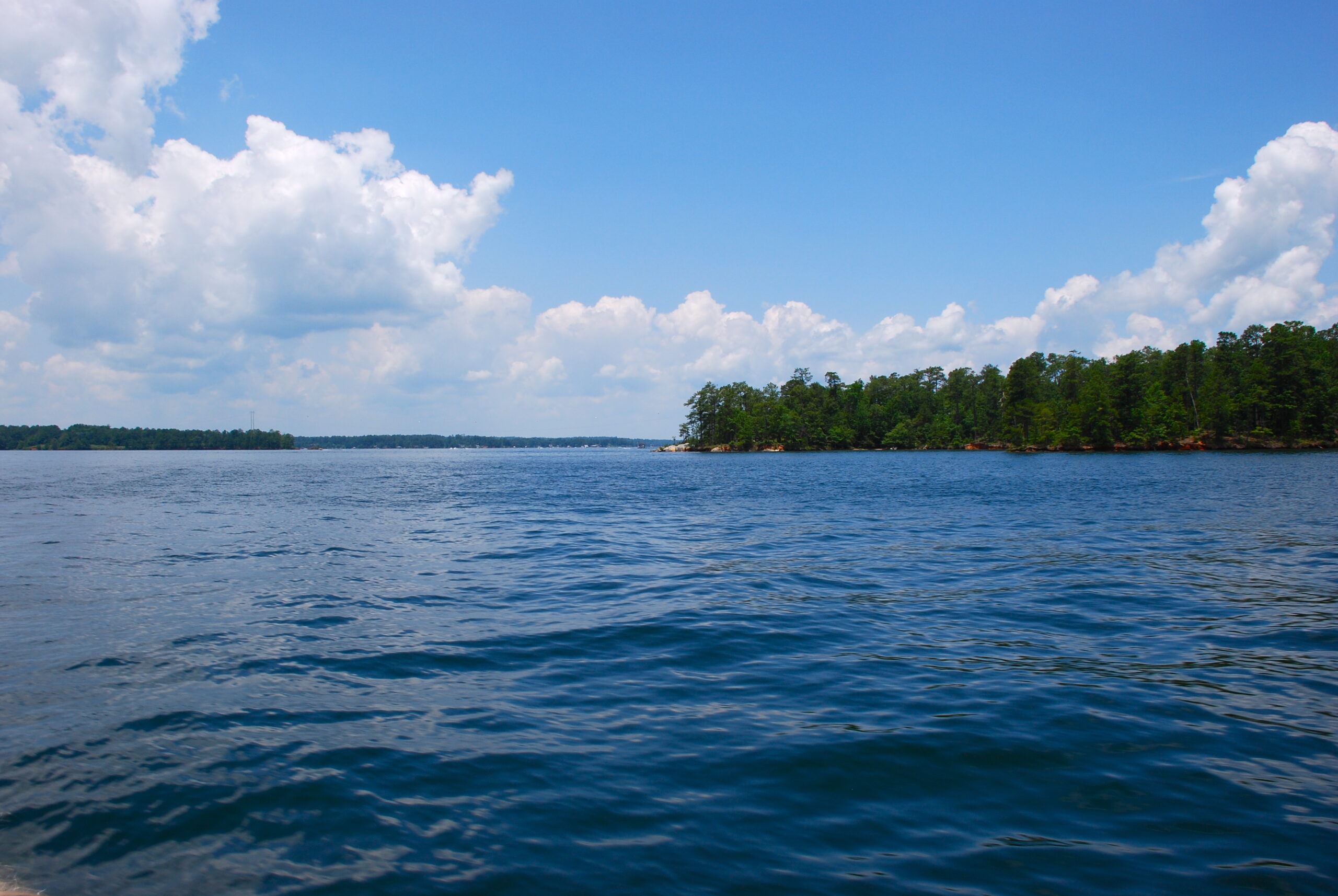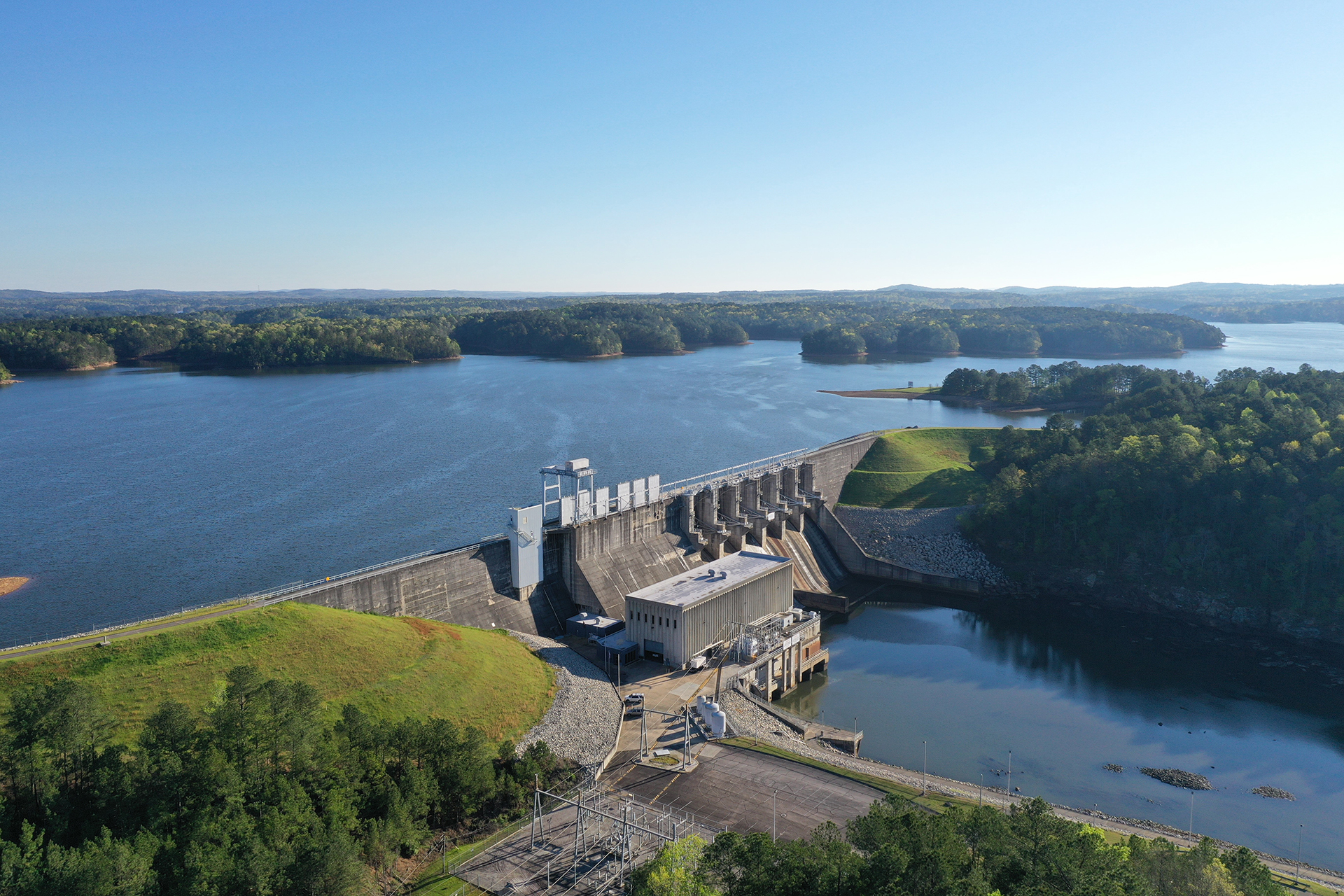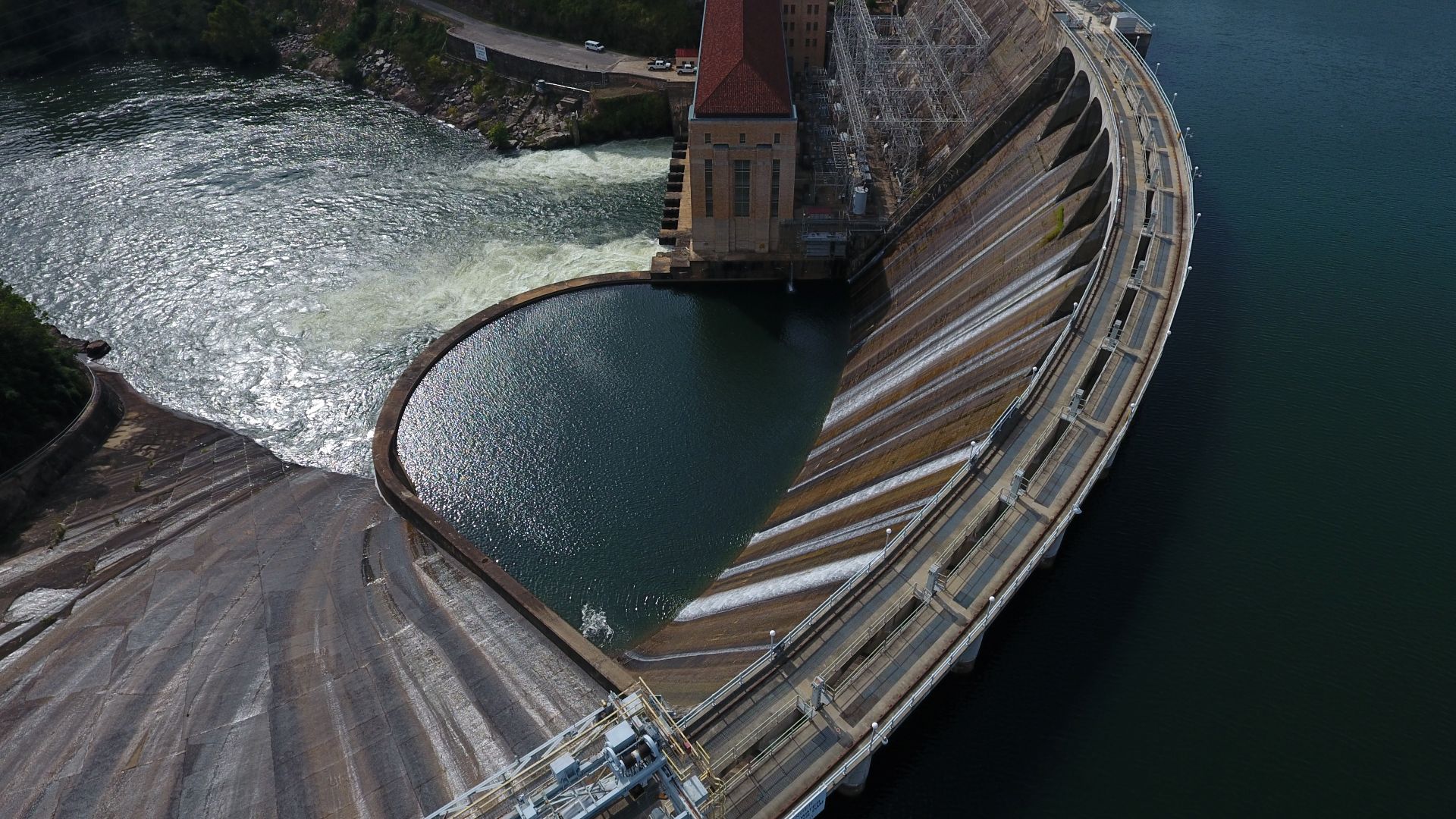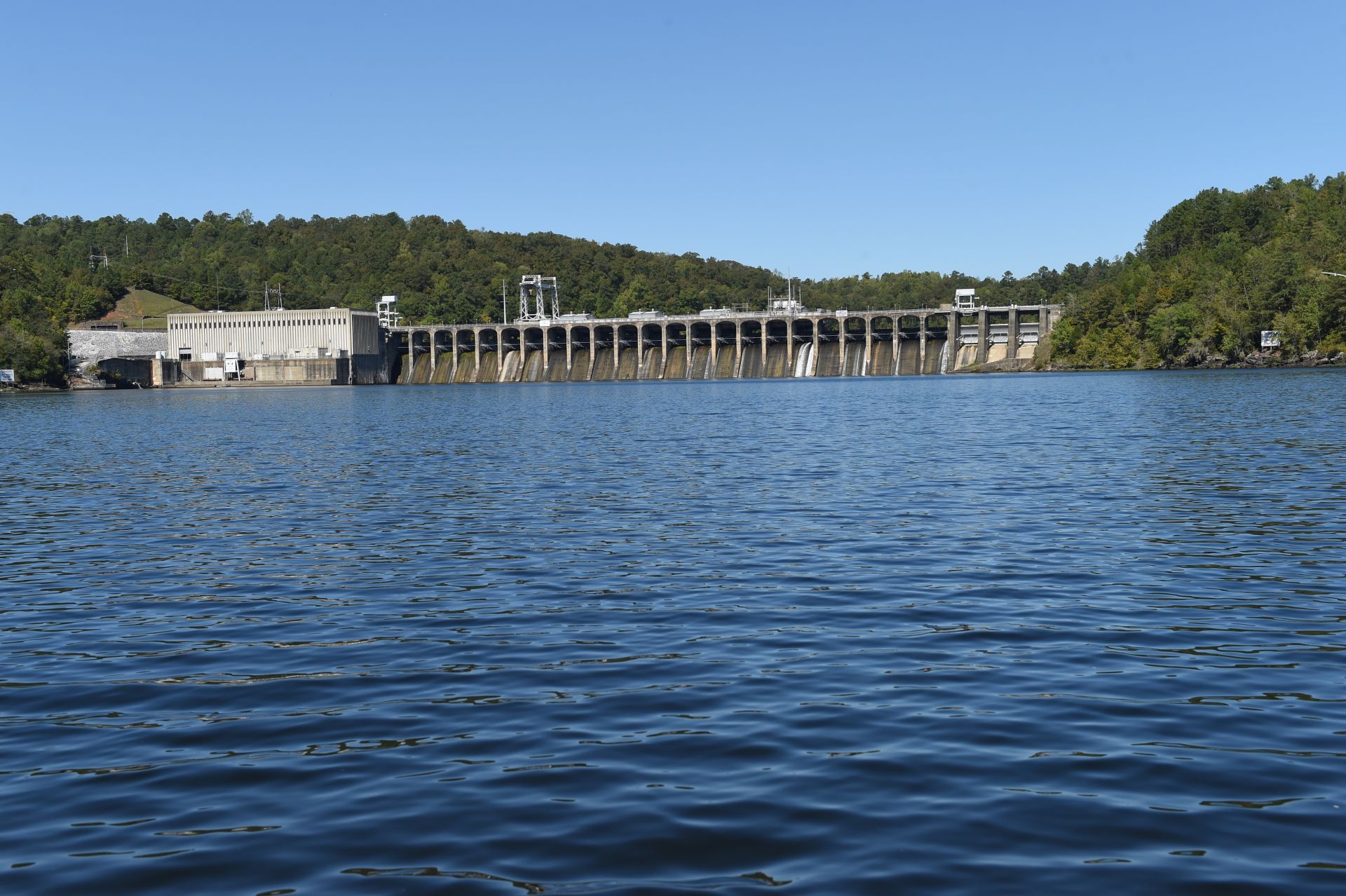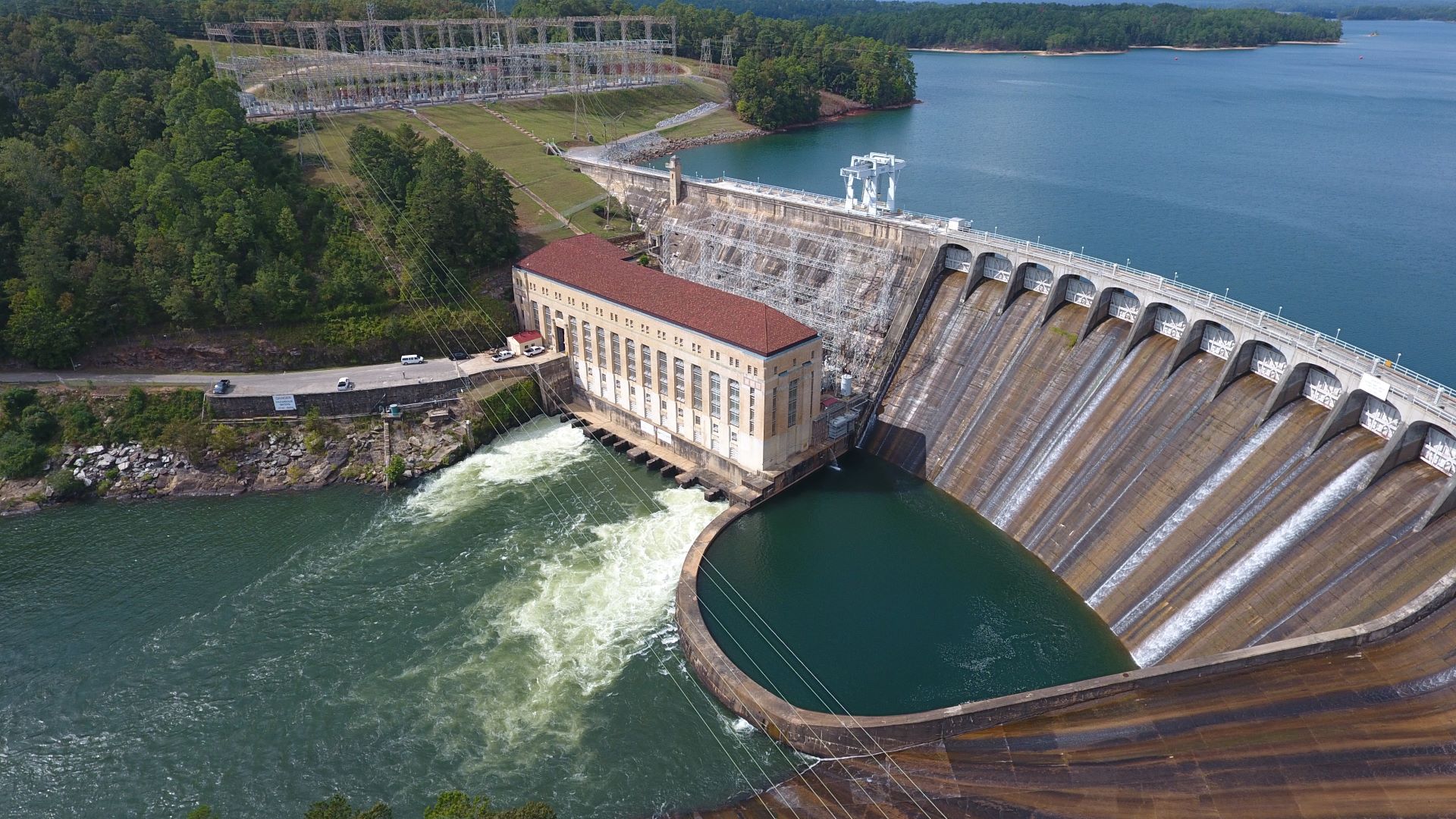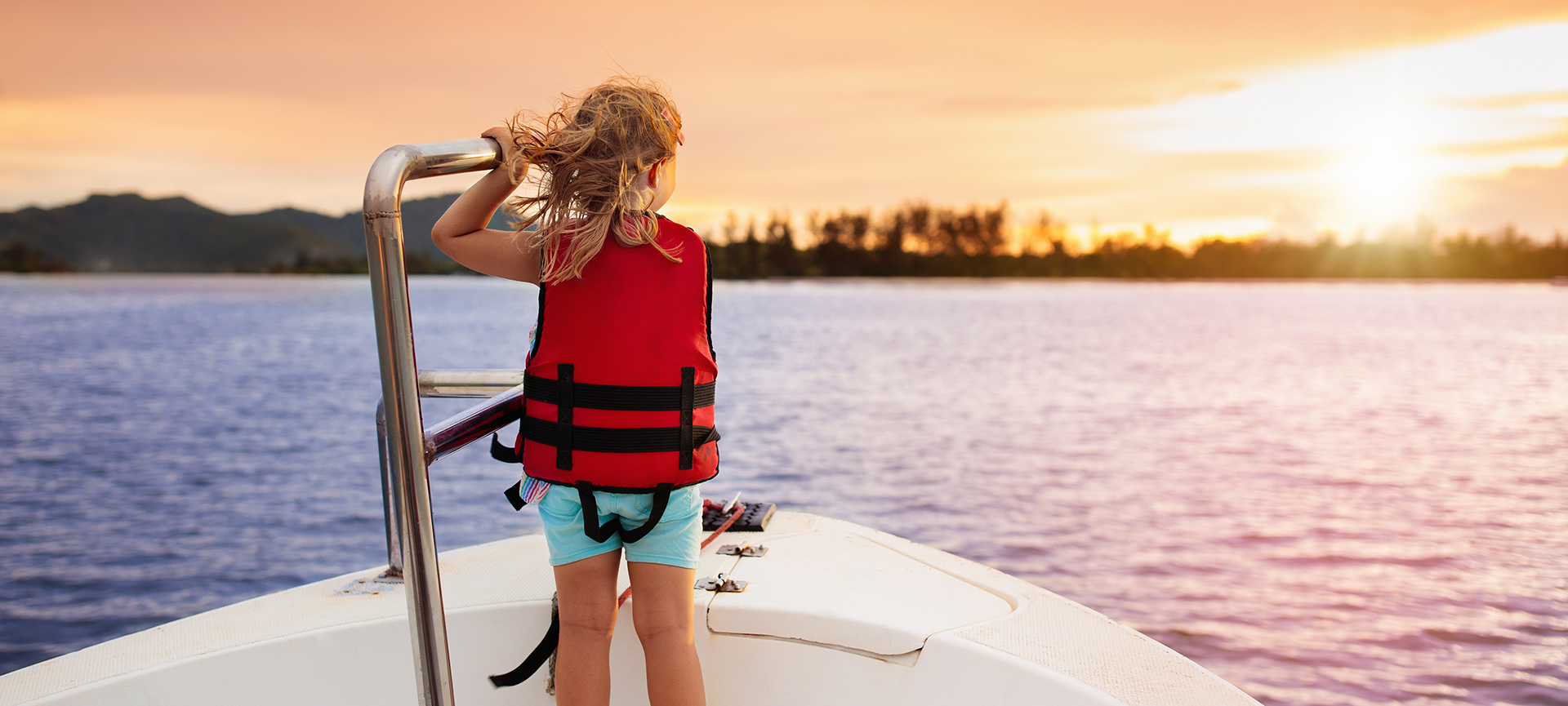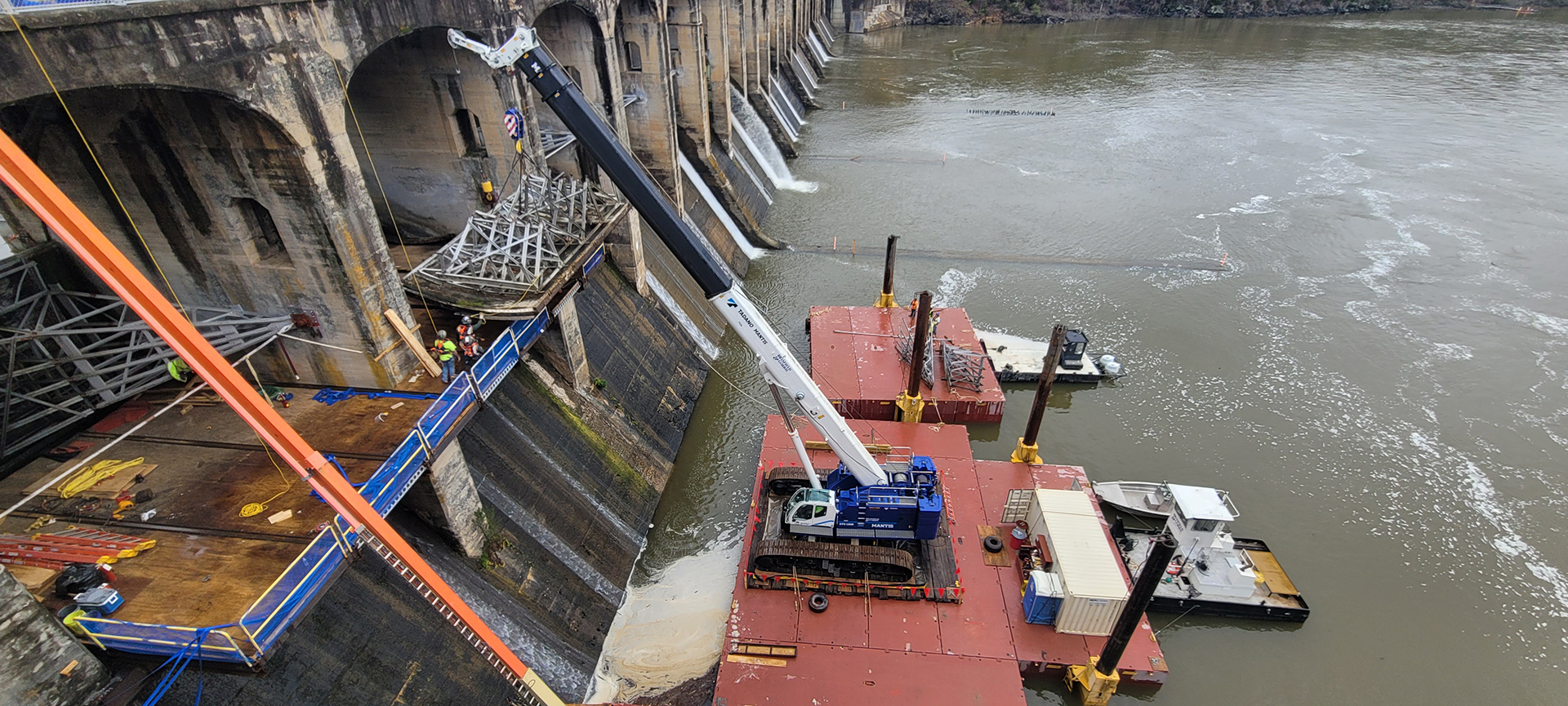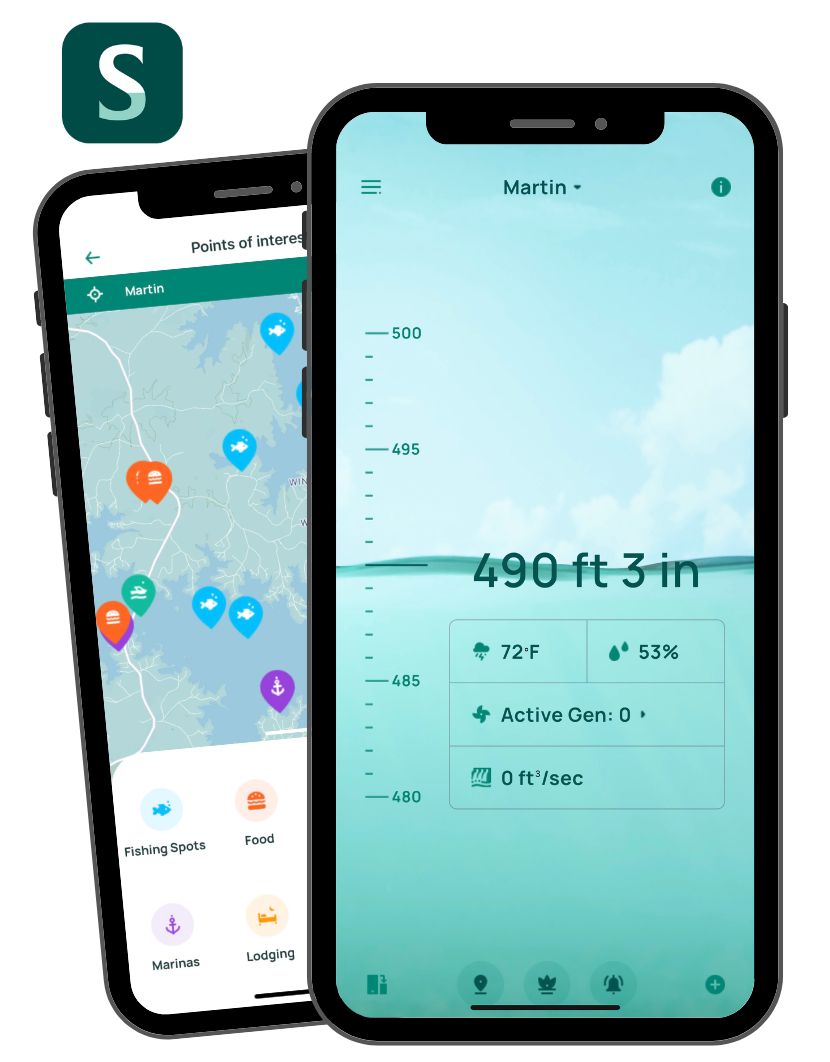As summer approaches and temperatures rise, Alabama’s lakes become increasingly popular destinations for recreation. Whether you’re boating, swimming, or relaxing by the water, prioritizing safety is crucial—especially when electricity is involved.
Water and Electricity Safety
May is National Electrical Safety Month, reminding us of the importance of staying safe around electricity. As we venture outdoors for water activities, it’s vital to understand how to protect ourselves from electrical hazards. Here are some essential tips from the Electrical Safety Foundation International:
- Swimming Safety: Avoid swimming near boats, marinas, or launching ramps. Residual electrical currents can flow into the water from boats or marina wiring, posing a risk of electric shock drowning to swimmers.
- Put It to the Test: Ensure your boat is well-maintained and consider annual inspections. Test Ground Fault Circuit Interrupters (GFCIs) and Equipment Leakage Circuit Interrupters (ELCIs) monthly to verify their functionality. Conduct leakage testing to check for any electrical current escaping from the vessel.
- Use the Right Tool: Avoid using household electrical cords near water. Only use portable GFCIs or shore power cords, including “Y” adapters, that are “UL-Marine Listed” when operating electrical devices near water.
- Know Your Surroundings: Familiarize yourself with the location of your boat’s main breaker and the power source to respond swiftly in emergencies. Be vigilant about potential electrical hazards, such as nearby power lines, when boating, fishing, or swimming.
- Learn the Code: Regularly have your boat’s electrical system inspected and upgraded by a certified marine electrician to ensure compliance with local and state NEC, NFPA, and ABYC safety codes and standards.
For more information, download Alabama Power’s Lake Safety Resource Guide. Visit alabamapower.com for details on our electrical safety programs, additional safety tips, and resources for kids.

